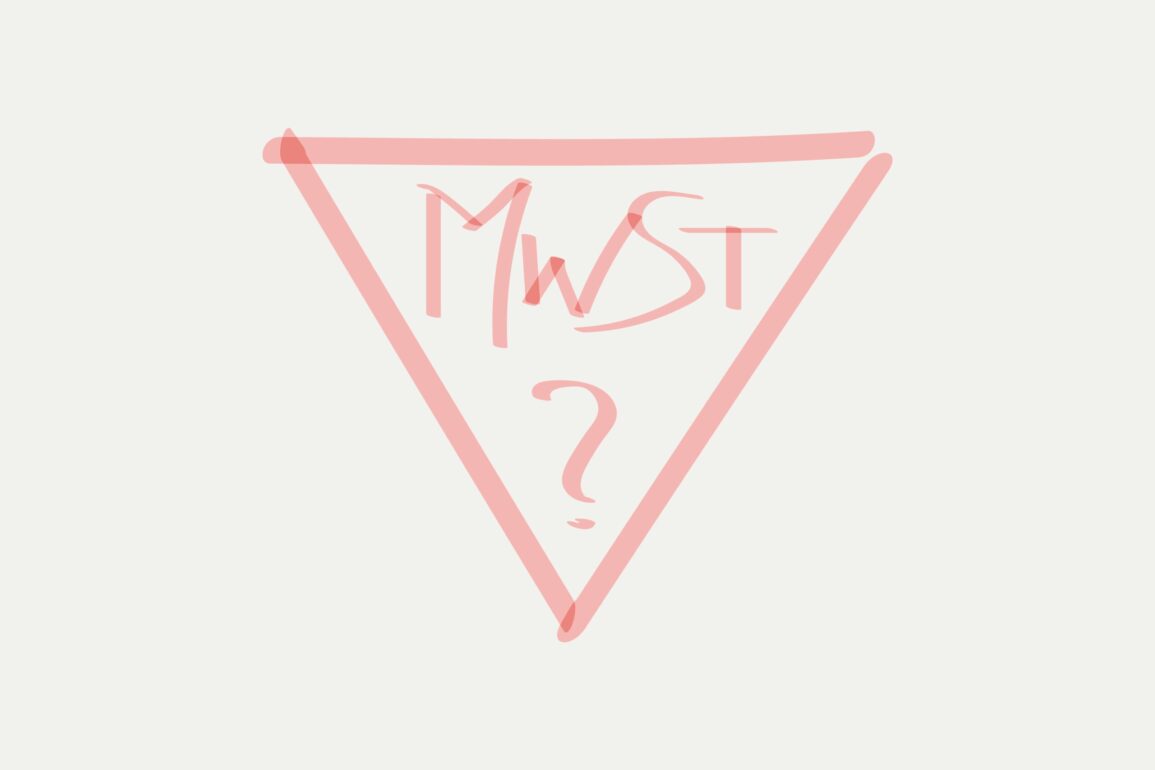Swiss-based foundations pursuing public, charitable or cultural aims are entitled to request tax-exempt status in Switzerland. This exempts them from paying federal and cantonal taxes on their income and capital earnings. However, they still need to pay other types of tax, such as taxes on the profits made from selling real estate or value-added tax (VAT). Acquisition tax is levied against advisory, legal and tax-related services, all of which are of particular relevance to charities, as well as asset management services.
‘What, value-added tax (VAT)? Is that really relevant for a charitable foundation? I thought VAT was for services that people paid for, and charities don’t offer that kind of thing, or at least, not often.’ That’s often people’s first reaction. The response? ‘That’s not all it’s for.’ VAT is also incurred when certain services are acquired in foreign countries, including advisory services, if the foreign company providing the service is not included on the domestic VAT register. The tax is levied against the Swiss recipient of the service, and if this recipient is otherwise not obliged to pay VAT, they need to pay this tax if they acquire such services to the tune of 10,000 Swiss francs or more a year. This means that VAT needs to be independently settled by the entity receiving the service.
Advisory services and asset management services are subject to tax
For charities, the obligation to account for acquisition tax after acquiring advisory and asset management services in foreign countries is of paramount importance. Provided that the foreign company providing the service is not registered for VAT in the domestic VAT area, the charity receiving the service is subject to this tax, as the service is being provided at the place where the charity undertakes its economic activity. If the charity is headquartered in Switzerland or the Principality of Liechtenstein (which is included within the domestic VAT area), and undertakes its activities there, the situation is clear: as the subsequent example demonstrates, they need to pay acquisition tax if the threshold of 10,000 Swiss francs is exceeded. If a charity that would otherwise be VAT-exempt seeks legal advice from a German lawyer, say, or asks a Luxembourg-based bank to manage its assets, and this costs more than a total of 10,000 Swiss francs a year, the charity is obliged to pay acquisition tax at the applicable statutory VAT rate (currently 7.7%). NB: the charity only needs to pay this tax if neither the lawyer nor the bank is VAT-registered in Switzerland or the Principality of Liechtenstein.
For VAT-exempt persons, the claim for acquisition tax arises upon payment of the fee for the service that has been acquired (Art. 48 (1) (a) VAT Act). The acquisition tax must be settled within 60 days of the end of the calendar year (Art. 66 (3) VAT Act). It is recommended that boards of trustees make enquiries regarding acquisition tax at the end of the calendar year, if not sooner. This does not only apply to larger charities working across borders. Smaller ones can be affected, too: the threshold of 10,000 Swiss francs is quickly met.


